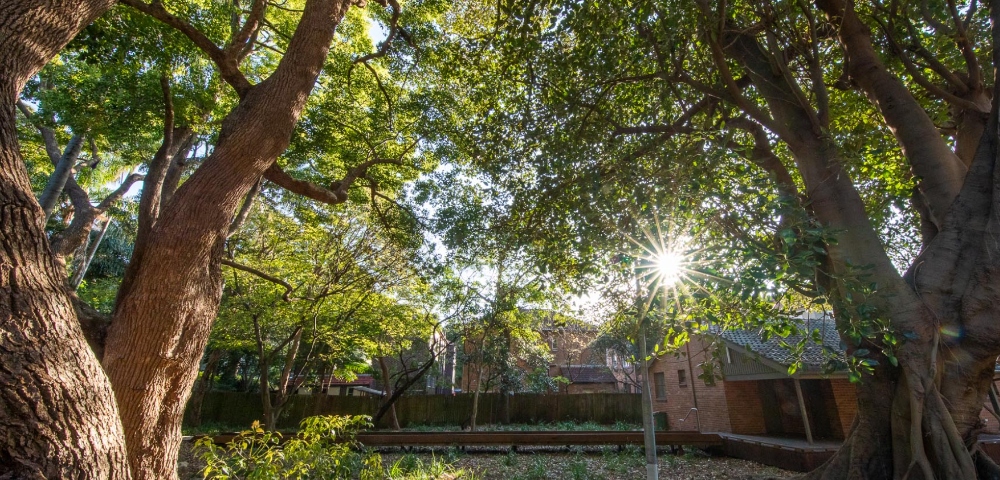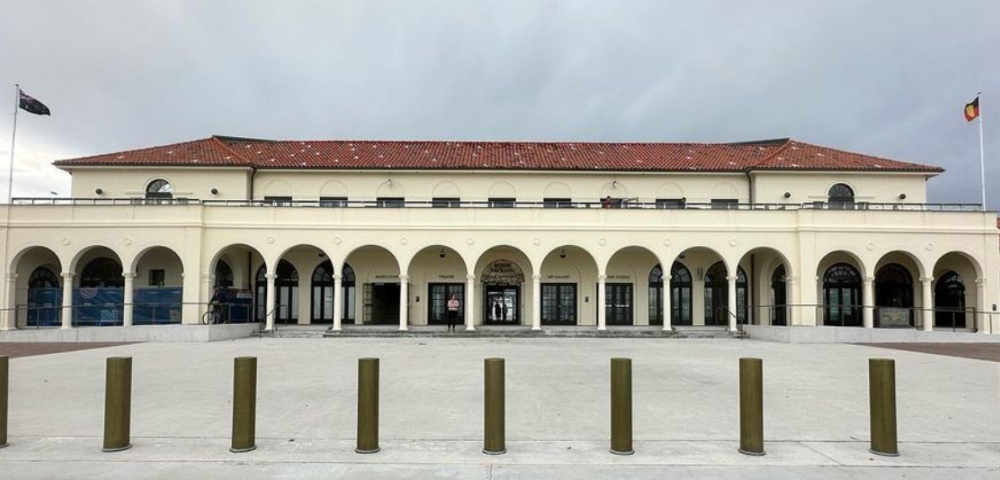
Locals battle school plan
Residents fighting a school development green-lighted by the Prime Minister’s Building the Education Revolution program are taking their concerns to Canberra.
The Charing Cross Precinct Committee agreed last month to make an official appeal to Deputy Prime Minister Julia Gillard, claiming planned buildings at St Catherine’s School in Waverley were approved without council or community consultation, and are inappropriate for the area.
The school’s plan includes two new buildings linked by an overhead walkway to house a multi-use hall, classrooms, a science laboratory, a media training facility and an art studio.
Committee convenor Danny Caretti said the motion may not stop the partly Federal Government-funded project but it would at least raise awareness of the issue.
“It doesn’t look like we’re going to be able to stop it,” said Mr Caretti, who indicated the group was up against the Federal Government, the State Government and the school.
“The only people supporting us are the council and they can’t do anything. But at least we can show the flaws in the way the [Federal Government’s] money’s being dished out, and the effect it’s going to have on the community.
“I went to a gathering of all the councils with precincts. What came out of that meeting is that we were not the only ones this was happening to.”
Federal Opposition Leader Malcolm Turnbull, NSW Planning Minister Kristina Keneally, Coogee MP Paul Pearce, Waverley Council and the St Catherine’s School board would also receive the motion, Mr Caretti said. He also plans to include it in his submission to the Senate’s inquiry into Primary Schools for the 21st Century.
Waverley councillor Mora Main said she had supported residents all the way and was pleased the matter would be referred to the senate inquiry. But Cr Main said she was disappointed the approval process had been taken out of the council’s hands.
“Council’s got processes and the community’s used to it. The council is also likely to have to pick up the pieces if there are problems during construction,” she said.
Resident and small business owner Karin Flior, 61, agrees council processes are important.
“The school comes along and because they’ve got federal funding they override all local by-laws. This is not the way to behave in a neighbourly way,” she said.
Headmistress Lynne Stone said the school had taken the community’s concerns into consideration and under the Building the Education Revolution (BER) guidelines had designed with those concerns in mind.
“I met with residents on one occasion, so we’ve talked extensively about what their issues are about this block of land,” she said. “There’s been a letter drop to all our neighbours, inviting them to come look at the plans and voice their concerns.”
But Mr Caretti said Ms Stone had spoken with residents about past projects, but not about this one.
“The first we knew about it was when the sign went up,” he said. “We got the letter after we got the advice that the building was going ahead. In the letter all she wants us to do is go there for her to show us the plans. It’s not like we’ve got any say.”
St Catherine’s School did not have a representative available to attend the meeting, Ms Stone said.
The Federal Government is providing $2.5 million towards the project under its Building the Education Revolution plan, an initiative that places approval for projects in the hands of state governments.
The BER document requires states and territories to “ensure that the design, application and assessment processes [of BER projects] are fast-tracked, with minimal red tape”.
NSW Premier Nathan Rees said in February that infrastructure projects related to the Federal Government’s plan would bypass the usual planning and local government approval process.
He said at the time that fast tracking the approval process was needed to meet Prime Minister Kevin Rudd’s demand that work on the first projects begin by June.
The National Coordinator’s Implementation report indicated that 25,489 BER-related funding applications were received and assessed since February, with 24,382 approved.
The BER project is part of the Federal Government’s $42 billion Nation Building-Economic Stimulus Plan, announced on February 3 this year. The Federal Government has invested $16.2 billion over the next three financial years in the project.
– By Gareth Narunsky









